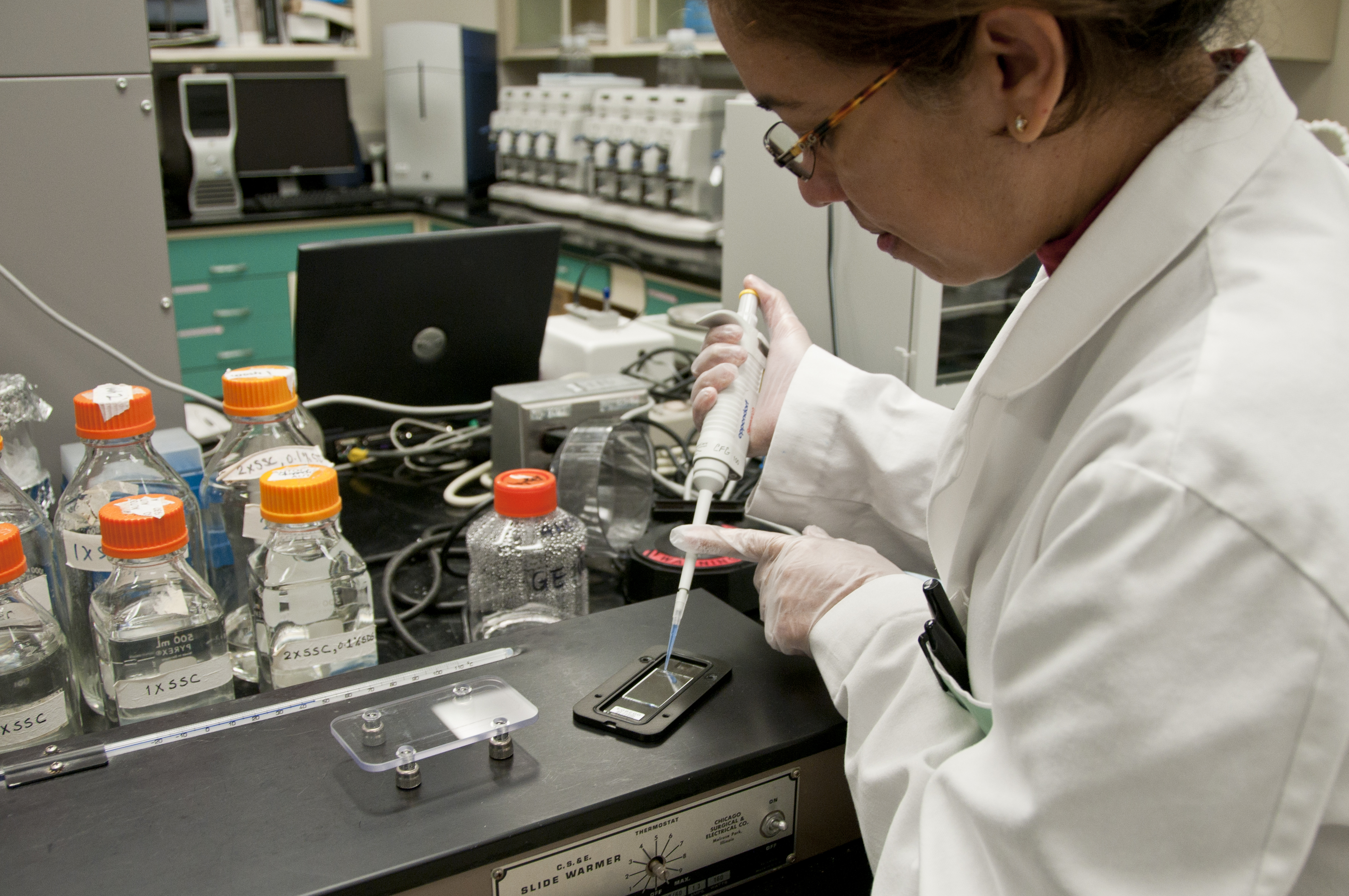
Photo from academic.microsoft.com
Impairment of vascular function, in particular endothelial dysfunction and large elastic artery stiffening, represents a major link between ageing and cardiovascular risk. Clinical and experimental studies identified numerous mechanisms responsible… Click to show full abstract
Impairment of vascular function, in particular endothelial dysfunction and large elastic artery stiffening, represents a major link between ageing and cardiovascular risk. Clinical and experimental studies identified numerous mechanisms responsible for age-related decline of endothelial function and arterial compliance. Since most of these mechanisms are related to oxidative stress or low-grade inflammation, strategies that suppress oxidative stress and inflammation could be effective for preventing age-related changes in arterial function. Indeed, aerobic physical activity, which has been shown to improve intracellular redox balance and mitochondrial health and reduce levels of systemic inflammatory markers, also improves endothelial function and arterial distensibility and reduces risk of cardiovascular diseases. The present paper provides a brief overview of processes underlying age-related changes in arterial function, as well as the mechanisms through which aerobic exercise might prevent or interrupt these processes, and thus attenuate vascular ageing.
Journal Title: International Journal of Environmental Research and Public Health
Year Published: 2021
Link to full text (if available)
Share on Social Media: Sign Up to like & get
recommendations!